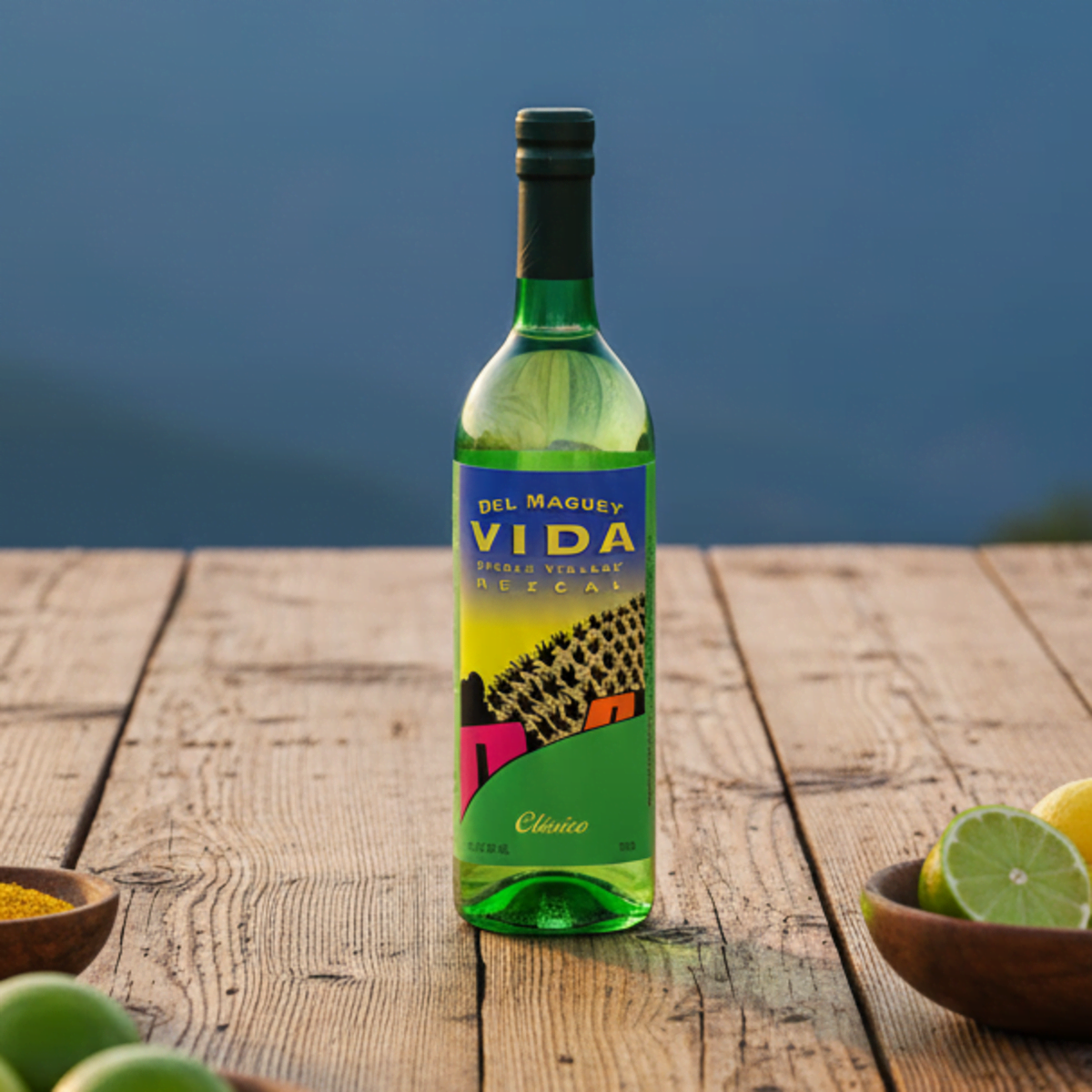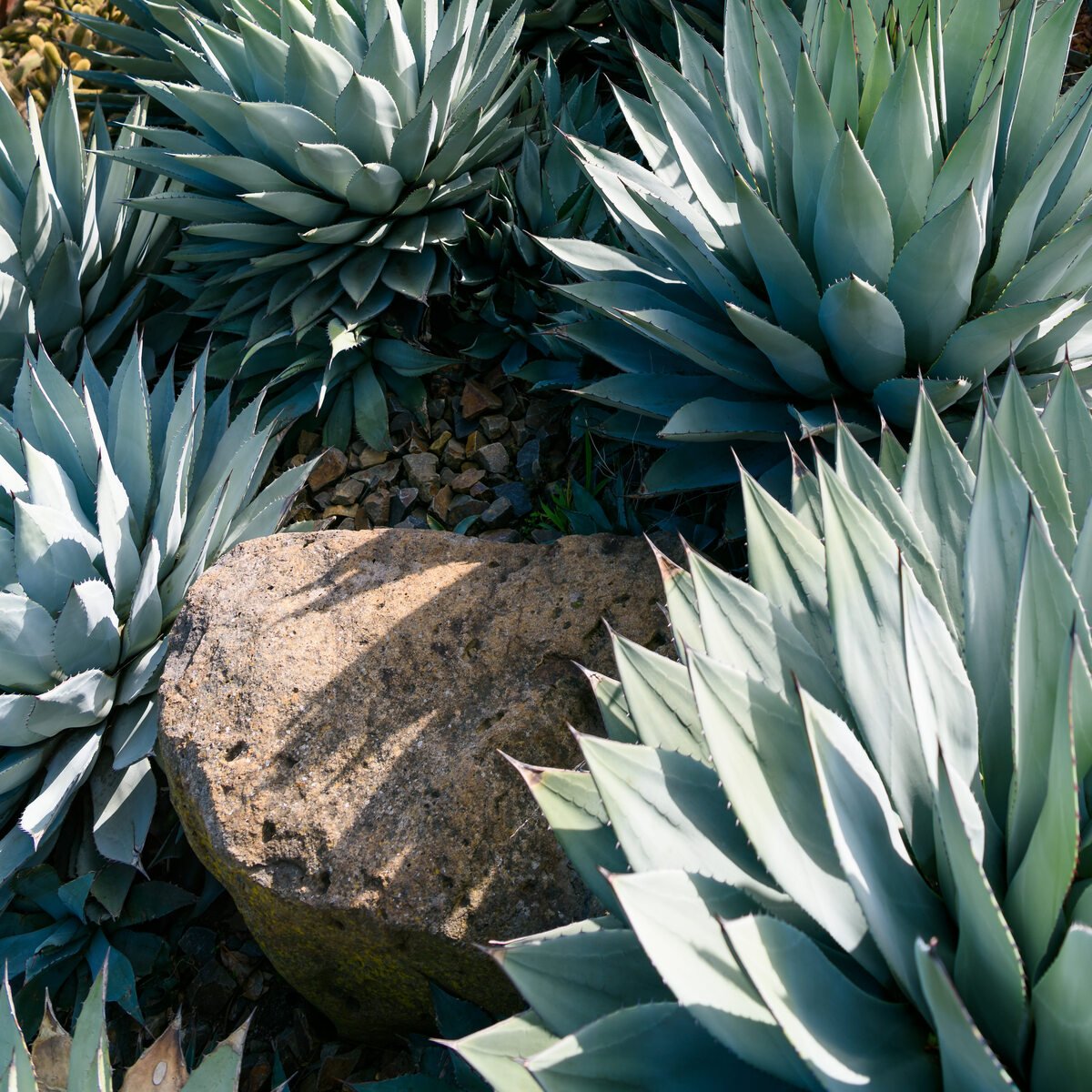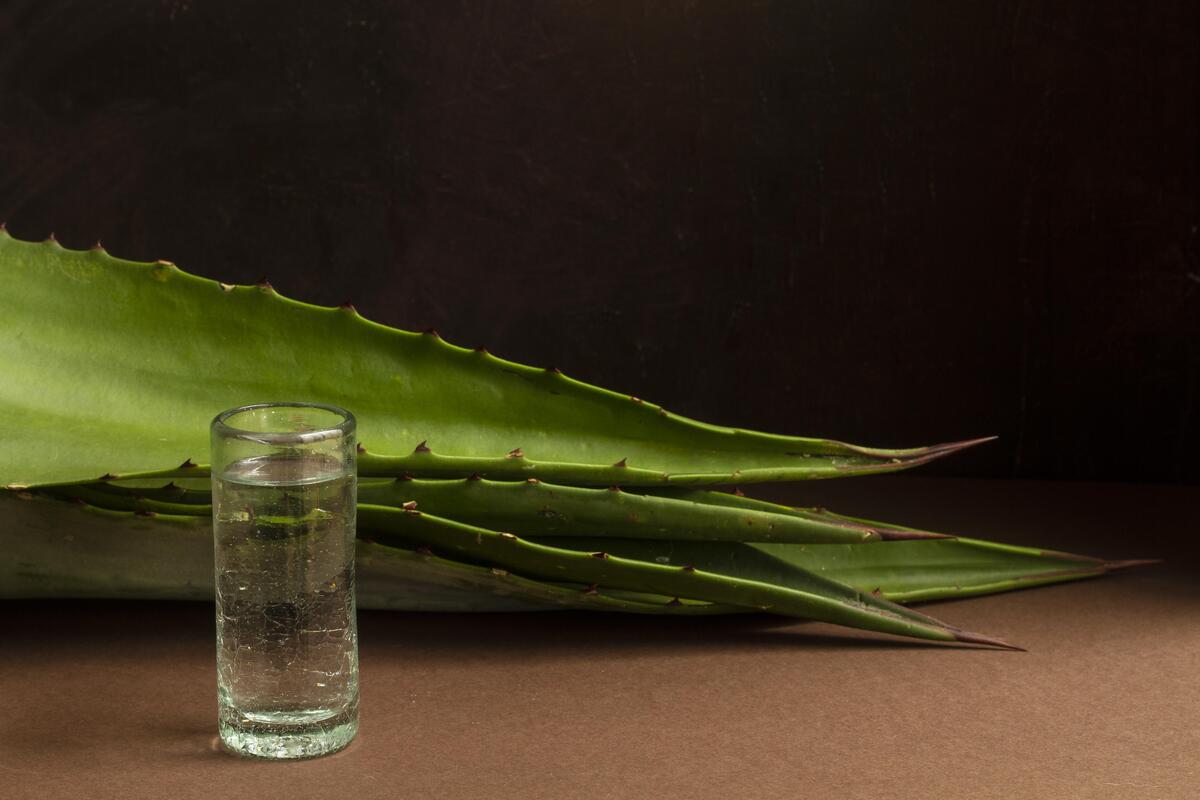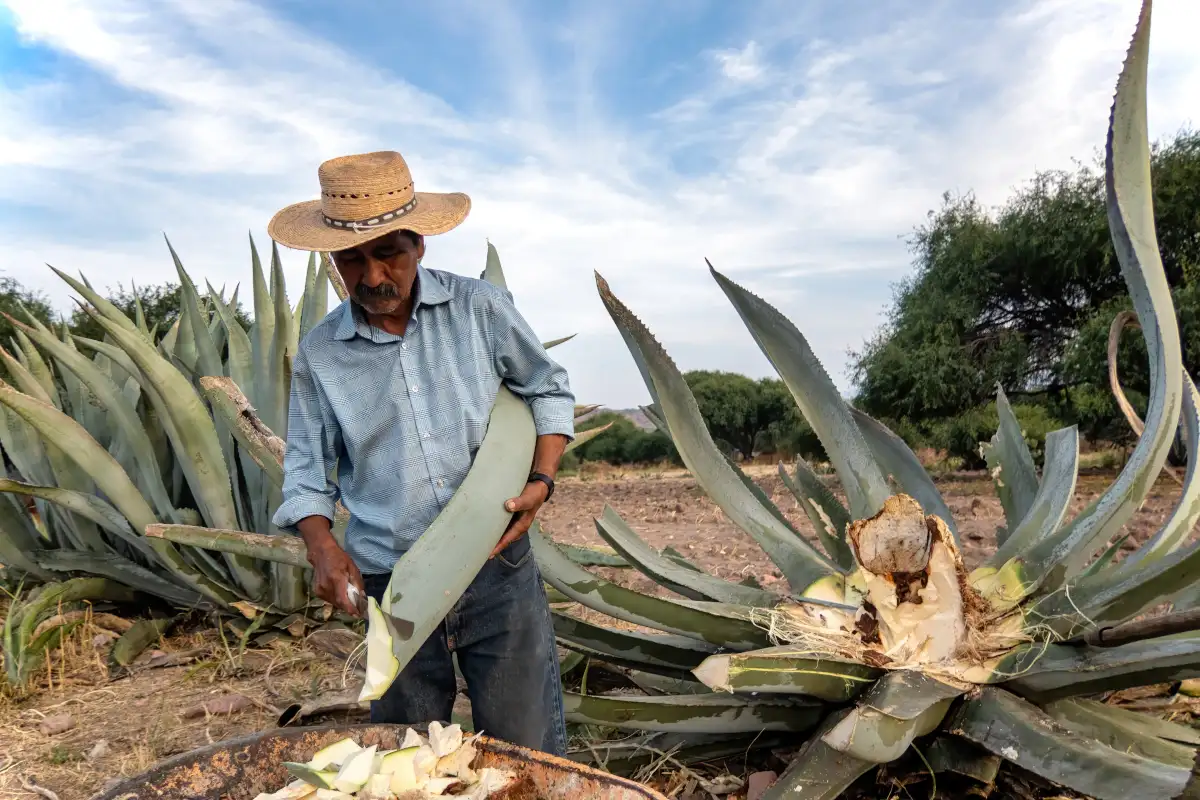
Mezcal is far more than a smoky agave spirit, it is a living expression of Mexico’s culture, land, and people. To understand its true essence, we must explore the origin of the word mezcal, the role of the mezcaleros who preserve ancestral techniques, and the artisanal process that gives every bottle its soul.
What Is Mezcal? Definition and Cultural Significance
Mezcal is a distilled spirit made from the heart of the agave plant, traditionally produced in specific regions of Mexico.
Unlike industrial liquors, mezcal carries centuries of history in every sip. It is not just a beverage; it represents rituals, celebrations, and the deep connection between nature and community.
The True Meaning Behind the Word Mezcal
The word mezcal comes from the Nahuatl language, combining metl (agave) and ixcalli (cooked).
Literally, it means “cooked agave,” a reference to the roasted agave hearts that form the base of the spirit.
This etymology captures the heart of the process: transforming raw agave through fire, fermentation, and distillation into a complex and soulful drink.
How Mezcal Differs from Tequila and Other Agave Spirits
While tequila is technically a type of mezcal, the reverse is not true. Mezcal can be made from dozens of agave varieties and is often roasted in underground pits, giving it its signature smoky character.
For an in-depth comparison of production methods, agave species, and flavor profiles, explore our dedicated guide on Mezcal vs Tequila.
Who Are the Mezcaleros? Meaning and Role in Tradition
The word mezcalero refers to the master distillers who create mezcal.
These artisans are the guardians of recipes passed down through generations, ensuring that each bottle reflects its village’s unique terroir.
The Art of the Mezcalero: Guardians of Ancient Techniques
Mezcaleros oversee every stage of production, from selecting mature agaves to roasting, fermenting, and distilling.
Their skill determines the balance of smoke, earth, fruit, and mineral notes that define a truly authentic mezcal.
Generational Knowledge and Sustainable Practices
For many families, mezcal production is a way of life. Knowledge flows from parent to child, preserving centuries-old methods while adapting to modern sustainability standards.
To learn more about their stories and craftsmanship, visit our in-depth feature on Maestro Mezcalero.
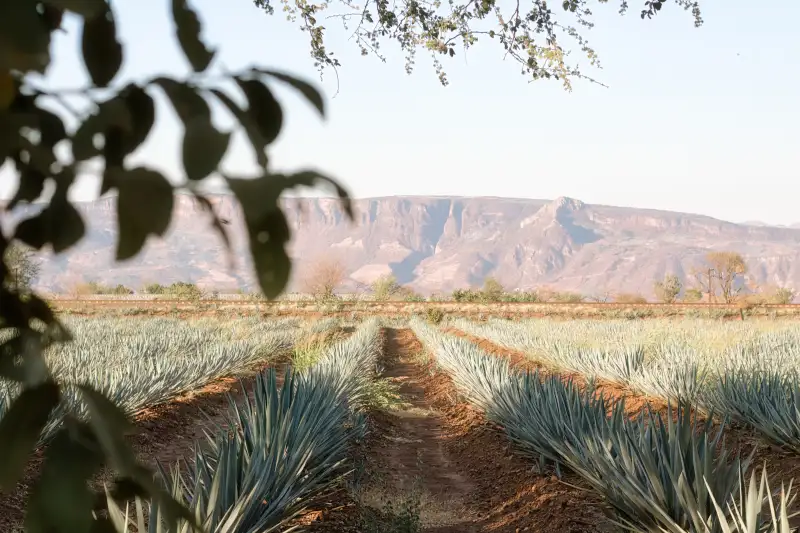
Artisanal Mezcal: Meaning and Unique Characteristics
Artisanal mezcal refers to spirits made with traditional, small-scale techniques recognized by Mexico’s regulatory council.
This category protects ancestral practices while highlighting the individuality of each producer.
Handcrafted Production: From Agave to Bottle
Artisanal mezcal is typically produced in small palenques (rural distilleries).
Agaves are hand-harvested, roasted in earthen pits, crushed by stone tahonas or wooden mallets, naturally fermented, and distilled in copper or clay stills.
Each step adds complexity and preserves the character of the agave.
Why Artisanal Methods Define Authentic Mezcal
By respecting natural fermentation and local resources, artisanal mezcal captures the purest expression of its environment.
The result is a spirit with depth, variability, and a sense of place—qualities that industrial methods simply cannot replicate.



